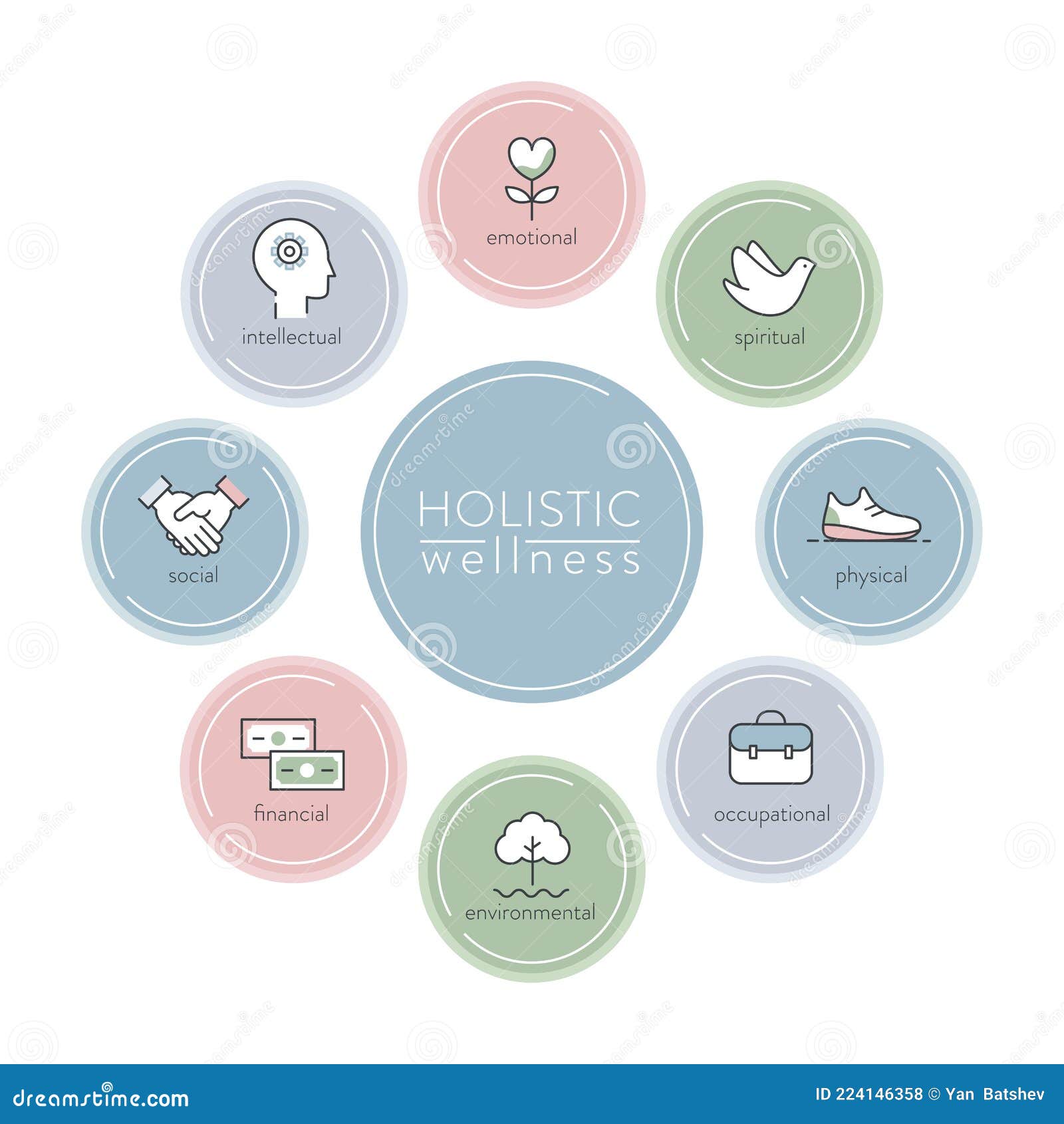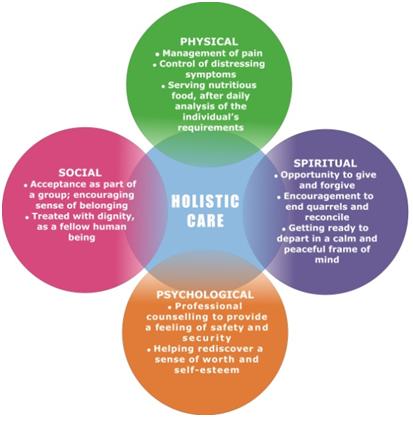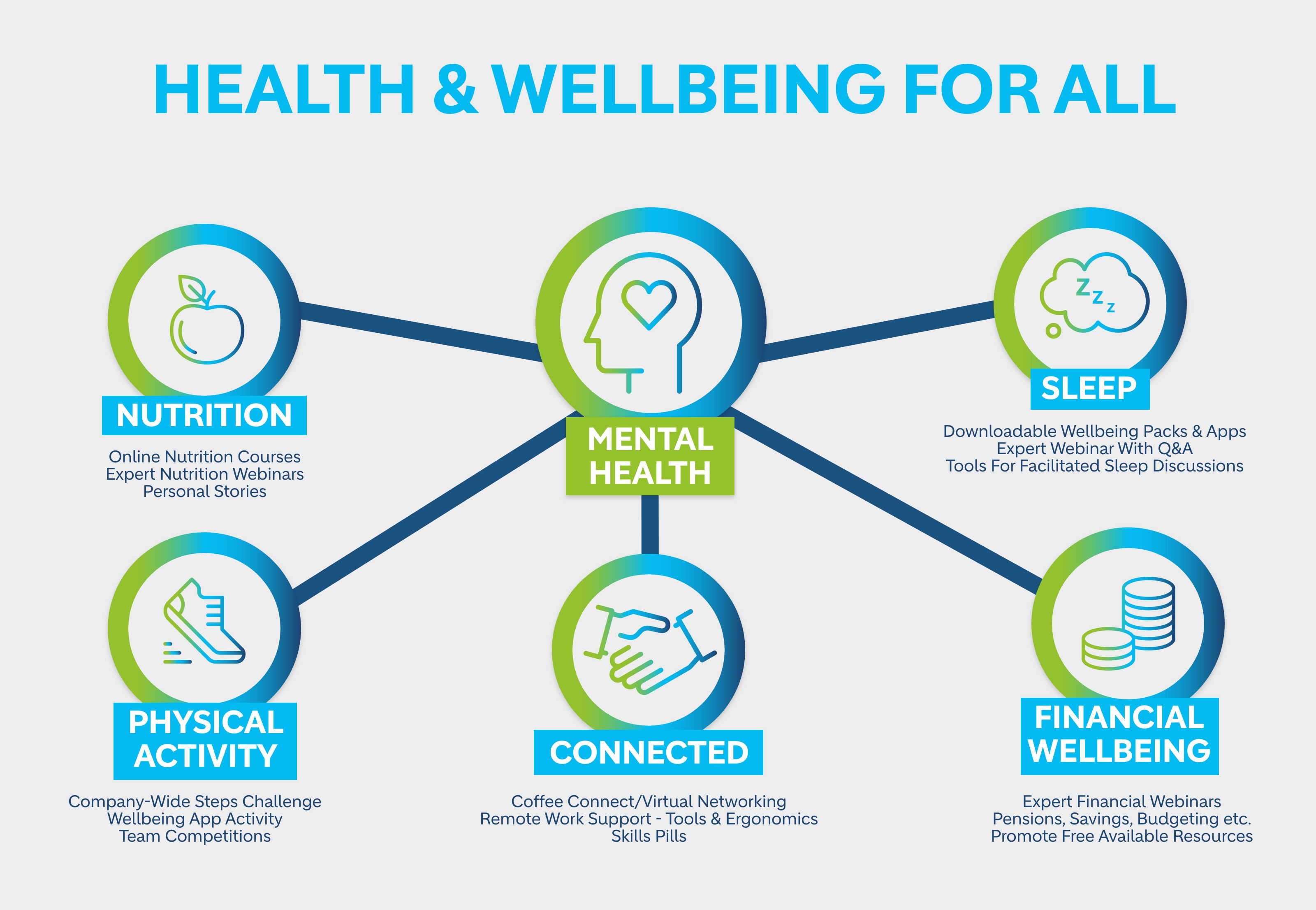“Essential Self-Care: A Holistic Approach to Well-being
Related Articles Essential Self-Care: A Holistic Approach to Well-being
- Essential Evening Glam: A Guide To Effortless Elegance
- Chic Makeup Hacks: Elevate Your Look With Effortless Techniques
- Daily Beauty Tips: A Comprehensive Guide To Enhancing Your Natural Radiance
- The Chic Glow-Up: A Holistic Approach To Self-Improvement
- The Ultimate Guide To Basic Beauty: Unveiling Your Natural Radiance
Introduction
On this special occasion, we are excited to explore an engaging topic related to Essential Self-Care: A Holistic Approach to Well-being. Let’s weave together valuable insights and fresh perspectives to bring a new dimension to your understanding.
Table of Content
Essential Self-Care: A Holistic Approach to Well-being

In today’s fast-paced world, the concept of self-care often gets relegated to the realm of luxury, a treat to be indulged in only when time allows. However, self-care is not a luxury; it’s a necessity. It’s the cornerstone of physical, mental, and emotional well-being, impacting every aspect of our lives, from our relationships to our productivity. Neglecting self-care isn’t just detrimental to our individual well-being; it can also have ripple effects on our communities and society as a whole. This article explores the multifaceted nature of essential self-care, offering practical strategies and insights to help you cultivate a holistic approach to well-being.
Understanding the Pillars of Self-Care
Self-care is not a one-size-fits-all approach. It’s a deeply personal journey of understanding your individual needs and developing practices that support your overall health and happiness. However, several key pillars underpin effective self-care:
-
Physical Self-Care: This encompasses the basic needs that keep our bodies functioning optimally. It includes:
- Nutrition: Fueling your body with nutritious foods is paramount. Focus on a balanced diet rich in fruits, vegetables, whole grains, and lean proteins. Limit processed foods, sugary drinks, and excessive caffeine.
- Hydration: Drinking enough water is crucial for bodily functions. Aim for at least eight glasses of water a day, adjusting based on your activity level and climate.
- Sleep: Adequate sleep is essential for physical and mental restoration. Aim for 7-9 hours of quality sleep each night. Establish a regular sleep schedule, create a relaxing bedtime routine, and optimize your sleep environment for darkness and quiet.
- Exercise: Regular physical activity boosts physical and mental health. Find activities you enjoy, whether it’s dancing, swimming, hiking, or simply taking a brisk walk. Aim for at least 30 minutes of moderate-intensity exercise most days of the week.
- Hygiene: Maintaining good hygiene is crucial for preventing illness and boosting self-esteem. This includes showering regularly, brushing and flossing your teeth, and keeping your surroundings clean.
- Medical Attention: Regular checkups with your doctor and dentist are essential for early detection and prevention of health issues. Don’t hesitate to seek medical attention when needed.

-
Mental Self-Care: This involves nurturing your mental health and cognitive well-being. It includes:
- Mindfulness and Meditation: Practicing mindfulness helps you become more aware of your thoughts and feelings without judgment. Meditation can reduce stress, improve focus, and enhance emotional regulation.
- Cognitive Restructuring: Challenging negative thought patterns and replacing them with more positive and realistic ones is crucial for mental well-being.
- Learning and Personal Growth: Engaging in activities that stimulate your mind, such as reading, learning a new skill, or taking a class, can enhance cognitive function and boost self-esteem.
- Setting Boundaries: Learning to set healthy boundaries with others is essential for protecting your mental energy and preventing burnout.
- Time Management: Effective time management can reduce stress and improve productivity. Prioritize tasks, break down large projects into smaller steps, and learn to say no to commitments that overwhelm you.

-
Emotional Self-Care: This involves understanding and managing your emotions in a healthy way. It includes:
- Emotional Expression: Allow yourself to feel your emotions without judgment. Find healthy ways to express your emotions, such as journaling, talking to a trusted friend or therapist, or engaging in creative activities.
- Self-Compassion: Treat yourself with the same kindness and understanding you would offer a friend. Practice self-forgiveness and avoid self-criticism.
- Stress Management: Develop healthy coping mechanisms for stress, such as exercise, yoga, deep breathing, or spending time in nature.
- Emotional Regulation: Learn to identify and manage your emotions effectively. Develop strategies for calming yourself down when you feel overwhelmed or stressed.
-
Social Self-Care: This involves nurturing your relationships and connecting with others. It includes:
- Social Connection: Spend time with loved ones, engage in social activities, and build meaningful relationships.
- Community Involvement: Participating in community activities can provide a sense of belonging and purpose.
- Setting Boundaries in Relationships: Establishing healthy boundaries in your relationships is essential for maintaining your well-being.
- Seeking Support: Don’t hesitate to reach out for support from friends, family, or professionals when you need it.

Integrating Self-Care into Your Daily Life
Integrating self-care into your daily routine doesn’t require drastic changes or significant time commitments. Start small and gradually incorporate practices that resonate with you. Here are some practical tips:
- Schedule Self-Care: Treat self-care appointments as important as any other appointment. Schedule time for activities that nourish your mind, body, and soul.
- Create a Self-Care Routine: Develop a consistent daily or weekly routine that includes activities that promote your well-being.
- Listen to Your Body: Pay attention to your body’s signals and adjust your self-care practices accordingly.
- Be Patient and Kind to Yourself: Self-care is a journey, not a destination. Be patient with yourself and celebrate your progress along the way.
- Seek Professional Support: Don’t hesitate to seek professional support from a therapist, counselor, or other healthcare provider if you’re struggling with your mental or physical health.
Conclusion:
Essential self-care is not a luxury; it’s a fundamental aspect of a healthy and fulfilling life. By prioritizing these essential practices and tailoring them to your individual needs, you can cultivate a holistic approach to well-being, enhancing your physical health, mental clarity, emotional resilience, and social connections. Remember, self-care is an ongoing process, a continuous act of nurturing your whole self. It’s an investment in your present and future well-being, allowing you to live a richer, more meaningful, and ultimately more joyful life.

Closing
With that, we hope this article has provided valuable insights into Essential Self-Care: A Holistic Approach to Well-being. We appreciate your interest in our content. See you in our next article!


